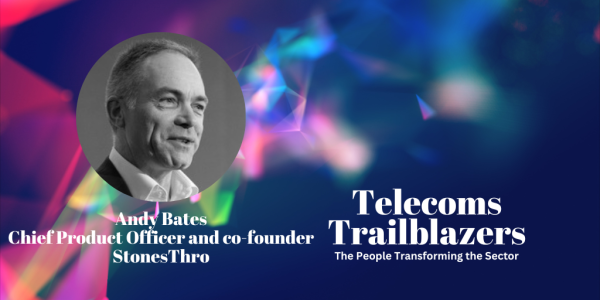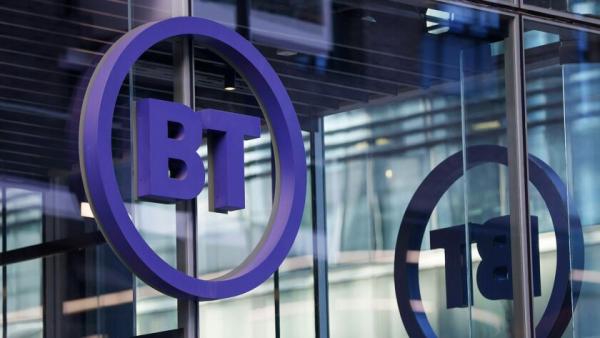Written by Andrew Wooden for Telecoms.com

BT Wholesale is working with AWS to trial a mobile cloud edge computing service for businesses and public services to facilitate mobile IoT applications over EE networks.
The ‘5G-connected infrastructure as a service’ is underpinned by what they are calling an ‘AWS Wavelength Zone’ in Manchester – a 100km area (which covers Liverpool, Leeds, Sheffield and Blackpool) within which eligible businesses and public sector organisations access to edge computing services through the EE network.
In terms of the nuts and bolts of it, AWS Wavelength embeds compute and storage functions within the EE 5G and 4G networks, ‘providing mobile edge computing infrastructure for ultra-low-latency applications.’ The point of having hosting services directly at the edge of the network reduces lag, since traffic can reach servers running in the AWS Wavelength Zone without actually leaving BT’s network, we’re told.
The benefits of this are pitched as providing ‘high-speed, latency-sensitive and intensive 5G connectivity’ for organisations interested in building out high-bandwidth mobile IoT use cases. Examples of which are suggested as autonomous vehicles, wearable cameras for paramedics to connect to remote specialists, higher grade and real time cameras for policing, crowd management, live media production for outside broadcast, smart industrial robots, and frictionless retail – whereby customers can pick up items in a store and walk out without the need to even scan the item.
“As we continue to build best-in-class 5G infrastructure for the UK, launching the AWS Wavelength service for our business and wholesale customers is a hugely important step on our journey – bringing the power of the cloud to the UK’s best network,” said Alex Tempest, Managing Director for BT Wholesale. “It’s set to unlock use cases like IoT cameras to help first responders keep communities safe: a real-life example of using tech to connect for good.
“By building cloud edge services into our 5G and 4G EE network, we can accelerate innovation across industries, and bring fast, secure data processing closer to where our customers need it most. Ultimately, we want to give businesses and public sector organisations all the power of edge computing, wherever they are.”
There’s no mention of how much the deal was for, however it was described as a ‘new long-term, multi-million-pound investment’. After the trials in Manchester a national rollout is targeted for later this year.
The subject of edge computing combined with 5G was discussed by telco leaders at The Edge Event in London last June. One of the standout topics there was the potential application of such tech to healthcare, citing a similar set of examples as BT lists above.
It’s early days for this stuff, but if it can be demonstrated there are use cases that could save lives, such as some system involving paramedics consulting experts remotely at an accident scene, then that would seem to present a more convincing basis for deployment than some of the examples we are given in the private sector. How much cash the NHS – who would presumably be the customer for such things in the UK – has lying around to spend on such cutting-edge technology deployments is another question.
Click here to read the original article.









